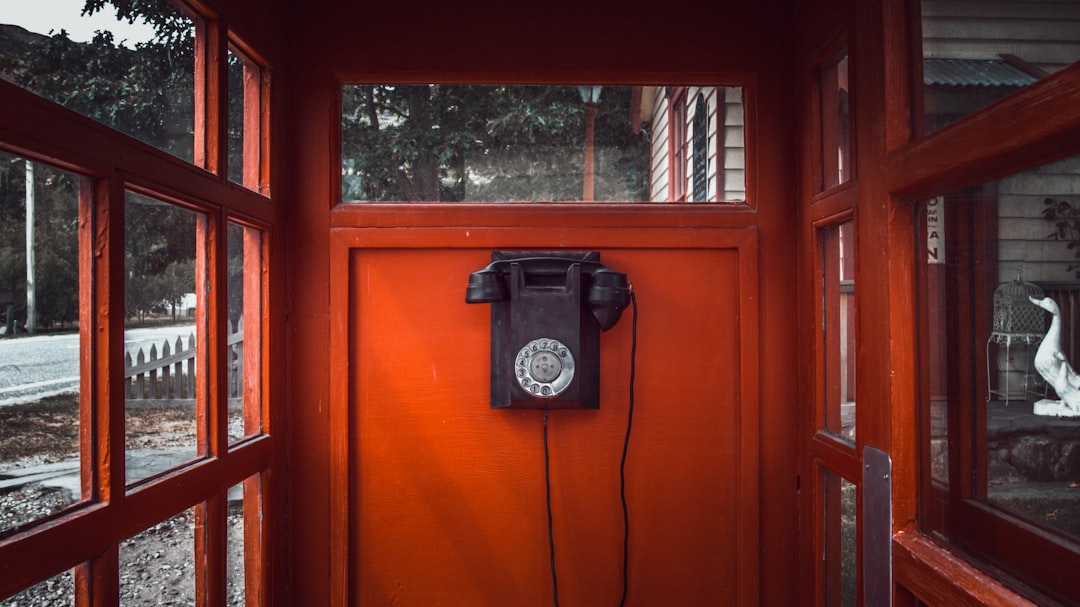Spam calls are a prevalent issue in Nashua, New Hampshire, but residents can fight back by understanding scam tactics and implementing anti-spam measures. Key strategies include using call blocking tools on smartphones, registering with the National Do Not Call List, staying informed about scams, and adjusting privacy settings. By combining technical solutions like advanced caller ID apps with proactive personal precautions, New Hampshire residents can significantly reduce unwanted phone marketing and create a safer communication environment.
In the digital age, spam calls have become a prevalent and annoying issue in Nashua, New Hampshire, much like across the nation. Understanding and identifying these common types of unwanted phone scams is the first step towards reclaiming your peace of mind. This article guides you through the various forms of spam calls targeting Nashua residents, offers practical strategies for reporting and blocking them, and provides essential tips to prevent future harassment, empowering you with knowledge on how to stop spam calls in New Hampshire.
Understanding Spam Calls: A Common Problem in New Hampshire
Spam calls, or unwanted phone marketing calls, are a prevalent issue affecting residents in Nashua, New Hampshire, and across the state. These persistent intrusions can disrupt daily life, leaving many wondering, “How to Stop Spam Calls New Hampshire?” With the rise of automated dialing systems, scammers often target area codes to blanket communities with promotional messages or even fraudulent offers. The volume and aggressiveness of these calls have led many to seek solutions to block them effectively.
Understanding the nature of spam calls is the first step in combating this nuisance. While some may be legitimate businesses attempting to reach potential customers, many are nothing more than clever scams designed to phish for personal information or trick recipients into making purchases. Recognizing common tactics like pressure sales techniques, hidden fees, or urgent requests for action can help residents identify and avoid such calls. Additionally, utilizing anti-spam call tools, blocking unknown numbers, and registering on the Do Not Call lists are effective strategies recommended by experts to mitigate the influx of unwanted phone marketing in New Hampshire.
Types of Spam Calls You Might Receive in Nashua
In Nashua, like many places across New Hampshire, residents often find themselves on the receiving end of various spam calls. These unwanted phone interactions can range from pre-recorded sales pitches to scam artists trying to trick you into sharing personal information. Common types include marketing calls from companies you’ve never done business with, fraudulent messages claiming you’ve won a prize, or even automated voice services that offer to help stop spam but instead collect more data.
To mitigate these calls, New Hampshire residents can take several steps. Implementing call blocking features on your phone is a good first step. Many modern smartphones have built-in tools to identify and block common spam numbers. Additionally, registering with the National Do Not Call Registry can curb marketing calls. How to Stop Spam Calls New Hampshire involves staying informed about new tactics scammers use and regularly reviewing privacy settings on all devices to limit personal information exposure.
Identifying and Reporting Spam Calls Effectively
In Nashua, New Hampshire, as in many parts of the country, spam calls can be a persistent nuisance. To effectively identify and report these unwanted calls, it’s crucial to familiarize yourself with common spam call patterns such as automated messages, pre-recorded advertisements, or calls from unknown numbers. Many modern phone systems offer features like call blocking and identifying, which can significantly reduce the volume of spam calls you receive.
Reporting spam calls is a vital step in combating this issue. Utilize the “Report Spam” options available on your phone or through service providers who offer dedicated reporting mechanisms. Sharing information about suspicious calls with local authorities and consumer protection agencies also contributes to broader efforts to curb spam call activities, helping to ensure a quieter and safer communication environment for all New Hampshire residents. Remember, knowing how to stop spam calls is an ongoing process that requires vigilance and proactive measures.
Technical Measures to Block Spam Calls
In the fight against spam calls, technical measures play a pivotal role in keeping your phone line clean. One effective method is utilizing call blocking apps and tools that learn and adapt to identify unwanted numbers. These applications can be downloaded onto smartphones or integrated into home phone systems, filtering out known spam call patterns and blocking them from reaching your device. Many modern call blocking services offer advanced features like automated caller ID, which analyzes incoming calls and flags potential spammers based on geographic location, calling patterns, and other data points.
Additionally, registering your number with the National Do Not Call Registry is a fundamental step in New Hampshire to prevent spam calls. This federal list restricts telemarketers from contacting registered numbers for promotional purposes. However, it’s important to note that not all spam calls originate from known telemarketing companies, so combining this registry with robust call blocking technology offers the best defense against these persistent nuisances.
Precautions and Tips for Preventing Unwanted Calls
To prevent unwanted calls, start by reviewing your call settings on your phone. Many modern devices offer options to block or screen calls from unknown or frequent spammer numbers. Utilizing these features is a solid first step towards reducing the volume of spam calls you receive. Additionally, consider registering your number on the National Do Not Call Registry. This federal list helps limit telemarketing calls and provides some protection against certain types of spam calls.
Regularly updating your contact information and being cautious when sharing it online or over the phone is another crucial prevention tactic. Avoid providing your number to unfamiliar entities, and be wary of forms that ask for your contact details. Moreover, be mindful of the privacy settings on your social media accounts; adjust them to limit who can access your personal information, thereby reducing potential sources of spam calls.






